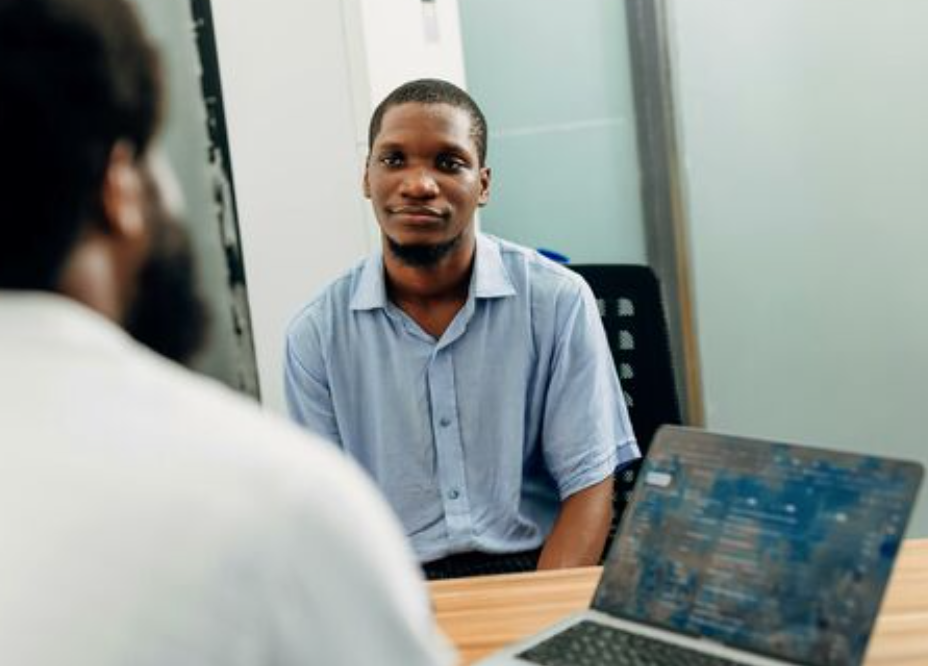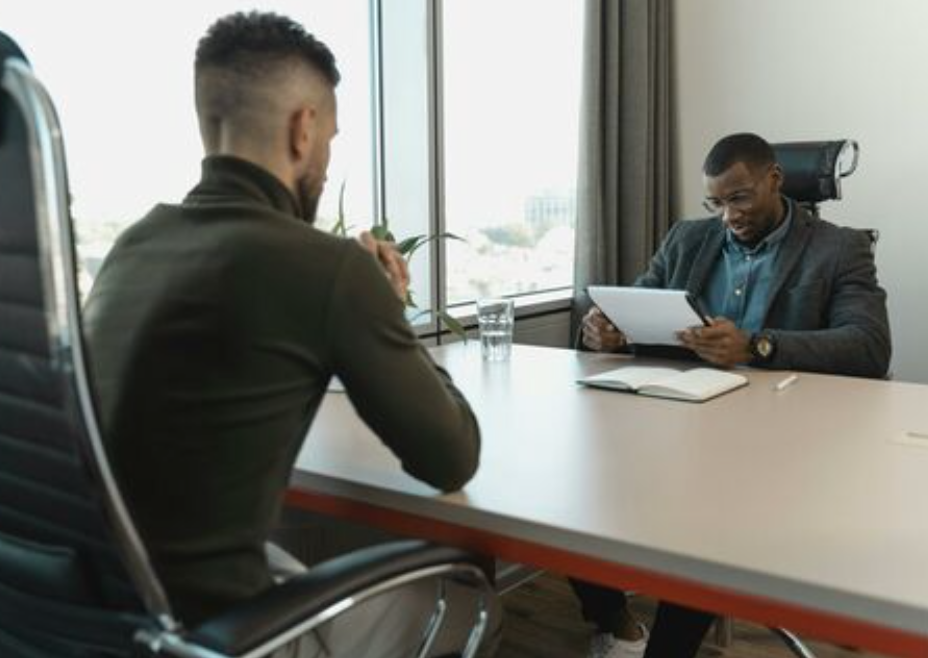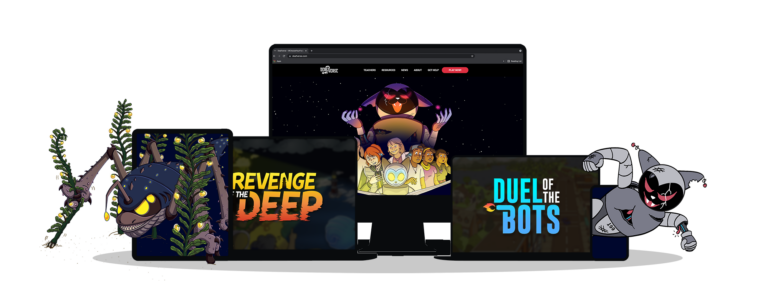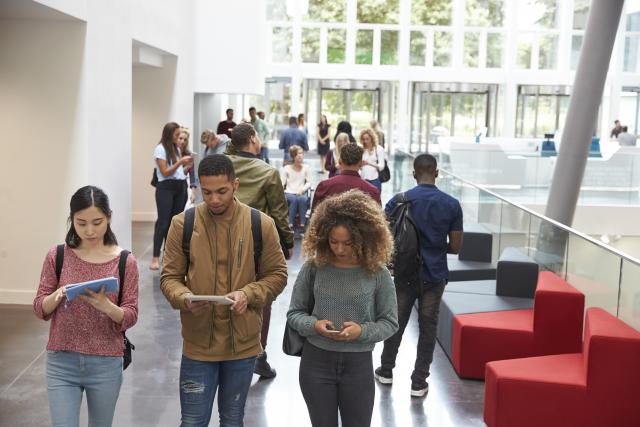Vocational Rehabilitation Resource Portal
Building Capacity to Serve Deaf People
While vocational rehabilitation (VR) services are an important part of the pathway to successful employment for people with disabilities, national data shows that deaf people experience many barriers to accessing these services. For example, very few deaf college students (0.6 – 3.8%) are documented as receiving VR support.
Data shows there are gaps and barriers for deaf people when
accessing vocational rehabilitation (VR) services:
- Fewer deaf youth receive pre-ETS services than youth with other disabilities.
- More deaf people are placed on VR wait lists than people with other disabilities.
- Black deaf people are underserved by VR. While 14.8% of clients are Black deaf people, 23.2% are Black hearing.
On average, 8% of people served by VR across the country are deaf. VR professionals play an important role in ensuring that deaf people can access the services and support they need to succeed in the workplace. This includes deaf youth in high school, and deaf people seeking higher education and vocational training. VR professionals should have a nuanced understanding of deaf people’s sociocultural identities, values, goals, communication preferences and access needs.
There is a national shortage of VR counselors who have experience working with deaf people. More and more counselors are being hired who are not familiar with best practices for working with deaf people. This portal is a combination of free resources, guidance and tools to help VR professionals more effectively collaborate with deaf people and support their career pathways.
VR Counselors “hold the fate of student careers in their hands.”
— Dr. Rezenet Moges-Riedel
Understanding What it Means to be Deaf
Every deaf person is different—there is no one-size-fits-all approach.
If you are new to working with deaf people, we have resources for you! Visit our Deaf Awareness page or enroll in our Deaf Awareness Micro Certificate. To get more support, consider reaching out to experienced VR counselors, including Rehabilitation Counselors for the Deaf (RCDs) who receive specialized training to address the unique challenges faced by deaf people, your state’s State Coordinator for the Deaf (SCD) if that position exists, or the CSAVR Deaf Professional Network.
Dive Deeper Into Deaf Awareness!
While deaf people share certain experiences, the community is made up of a wide range of deaf people. Some consider themselves to be part of the unique cultural and linguistic minority who use sign language as their primary language, while others do not. Deaf people have a wide range of communication preferences, cultural and ethnic backgrounds, and additional disabilities that shape their interactions with their environment.
Deaf-Centered Practices for Vocational Rehabilitation Counselors Micro Certificate
Enhance your ability to support deaf youth through this in-depth online learning experience from NDC. Designed specifically for Vocational Rehabilitation Counselors, this specialty certificate program focuses on building the knowledge and practical skills needed to better serve deaf clients and improve their transition outcomes.
Professional Development Opportunities

Deaf Awareness for Vocational Rehabilitation Professionals
Vocational rehabilitation (VR) professionals can use this information to reflect on existing systemic barriers and how they impact the effectiveness of vocational rehabilitation services.

Introduction to Deaf Rehabilitation
Understanding the diversity of deaf experiences, promoting self-determination, and offering culturally appropriate support is key to achieving equitable outcomes and facilitating opportunities.

Partnering with Deaf Youth: Strength-Based Transition Planning for VR Professionals
This module explores the complex network of support systems essential for successful postsecondary planning for deaf students.
Pre-Employment Transition Services (Pre-ETS)
Our research shows that fewer deaf youth receive Pre-ETS compared to youth with other disabilities. This is mainly due to programs not being tailored to meet the specific needs of deaf youth, and opportunities that do not align with the interests of deaf youth. You can make a difference by doing these 3 things:
Share resources with existing providers on how to accommodate deaf students. NDC resources are available on our Access & Accommodations page.
Promote Pre-ETS opportunities directly to deaf youth and their families by providing clear, accessible information through partnerships with schools and community organizations. Check out our Plan Your Future Guide to VR, as well!

Pre-Employment Transition Services (Pre-ETS) and Deaf Youth
Grounded in a deaf-centered and strengths-based approach, this free, self-paced online module highlights how culturally and linguistically accessible Pre-ETS can empower deaf students to lead their transition journeys.
Check out our Pre-Employment Transition Services (Pre-ETS) page to learn more about how to work with vendors and partners.
Resources to Share with Deaf Students & Families

Plan Your Future: A Guide to Vocational Rehabilitation For Deaf Youth

Deafverse

Rural Deaf Experiences: Employment and Educational Attainment Data
Rural deaf people may experience unique and additional challenges, such as a lack of resources and tailored support services. It’s crucial to address challenges to higher education for deaf people in rural areas, as education plays a crucial role in improving employment outcomes.
Deaf People and Vocational Rehabilitation: Who Is Being Served?
This research brief provides insight into the characteristics of deaf people who have applied for or received services from VR agencies. The data can be used to inform recruitment efforts, identify gaps in populations being served, and better understand who is being served in the United States.

State Reports: Postsecondary Achievement of Deaf People
Download, read, and share state reports about postsecondary outcomes of deaf people in your state. This important information may benefit people and organizations in each state as strategies are identified and put in place for systemic changes to better postsecondary outcomes for deaf people.
Looking for Personalized, One-on-One Support?
Please fill out this form and our Help Team will get back to you as soon as possible!





